The year 2026 marks the 250th anniversary of the Declaration of Independence. Cardinal News has embarked on a three-year project to tell the little-known stories of Virginia’s role in the march to independence. This project is supported, in part, by a grant from the Virginia American Revolution 250 Commission. Find all our stories from this project on the Cardinal 250 page. You can sign up for our monthly newsletter:
While most Americans are familiar with the last words of Patrick Henry’s famous speech leading up to the Revolutionary War — you know the ones: “Give me liberty or give me death” — the meaning of those words seemed to have become obscured by many over time. As Virginia commemorates the 250th anniversary of Henry’s speech, what exactly did Henry mean at the time and what is the relevance of those seven words today?
Henry delivered the speech on March 23, 1775, during the Second Virginia Revolutionary Convention meeting at St. John’s Church in Richmond, just a few weeks prior to the first shots fired in Massachusetts in the battles of Lexington and Concord, singling the start of the war. A reenactment of the speech is scheduled at the same time and place, with Patrick Henry Jolly, a descendant of Henry’s, portraying Henry.
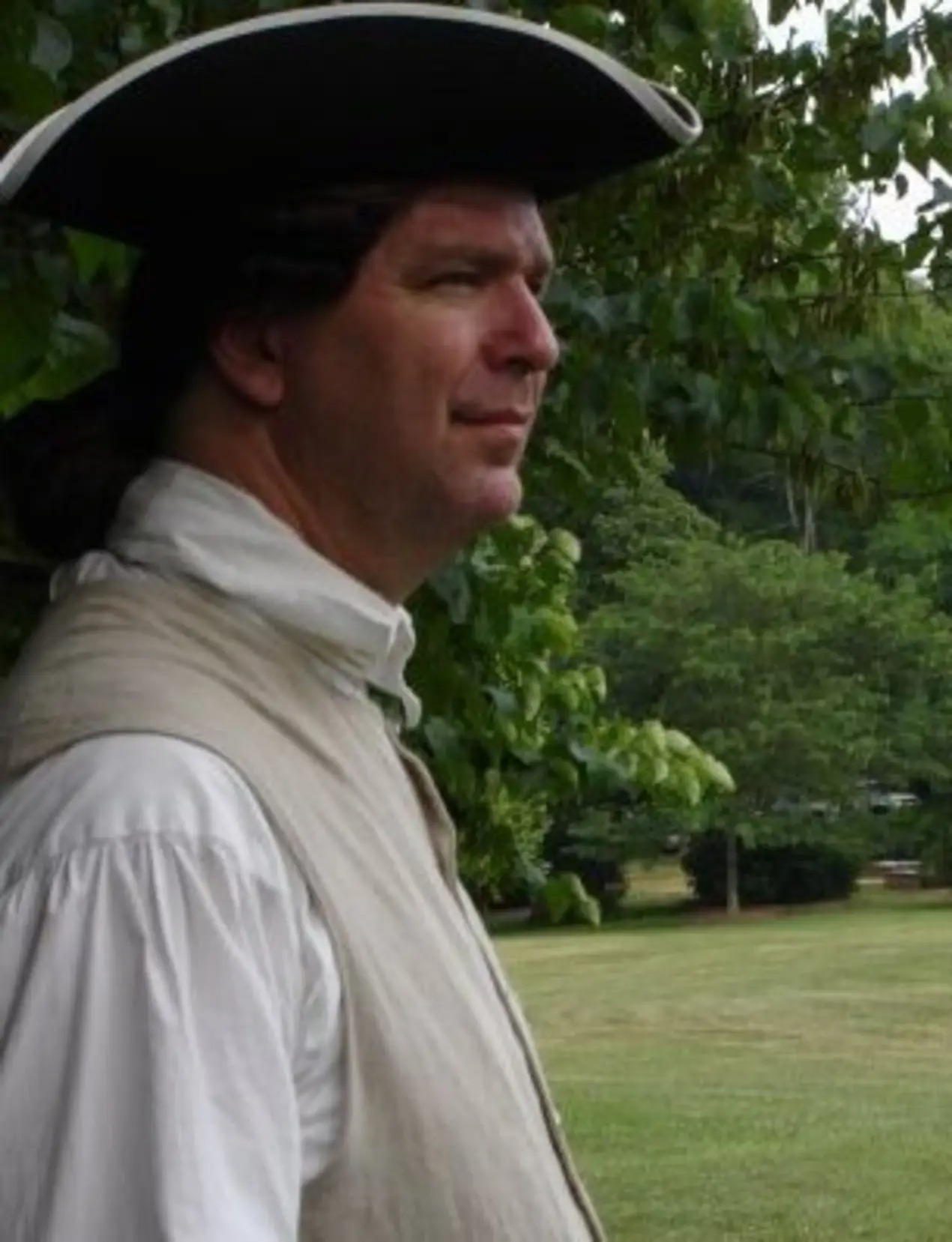
Jolly, who has been spreading Henry’s message as an interpreter since the 1990s, said he enjoys what he does because Henry “is somewhat forgotten as a founding father. It’s exciting to be celebrating the 250th anniversary of ‘Liberty or Death’ because it shows those words have stood the test of time. Although they were spoken for a very specific and extreme time in our history, Henry’s words have echoed through the years as some of the most well-known words from the Revolutionary period. Although he did much more than say those seven words, it serves as a starting point to share about his life and important accomplishments, which I am very proud to do.”
Henry was well-known in the late 18th century in Virginia and beyond as a lawyer, politician and orator. He was an important figure throughout the American Resolution, beginning with his protest of the Stamp Act in 1765. Henry spoke out against taxation on paper imposed by the Stamp Act with the introduction of the Virginia Stamp Act Resolves, a series of resolutions passed in May 1765 in response to the taxation. Later, Henry would become critical of the U.S. Constitution, initially opposing its ratification. Though Henry was a member of the Virginia House of Burgesses, a delegate to the Continental Congress and served as the first governor of Virginia, he is most famously remembered for uttering the words “Give me liberty or give me death!”
Famed filmmaker Ken Burns, who spent the last decade working on a documentary of the Revolutionary War, stated that Henry’s words helped to “define what it is to be American.” His speech is “a great part of our origin story, our creation story,” Burns said, “yet, we don’t know much about it.”
According to Jolly, the delivery of those fiery words “Give me liberty or give me death” was “part of a longer defense of resolutions he had submitted, which put Virginia officially into a posture of defense against Great Britain.” During his speech, which as Jolly presents it today is 14 minutes long, “He had to convince the leaders of the day that Virginia could defend itself against the British army, which was one of the most powerful military forces in the world. His words helped convince his peers they could be successful against, ‘so formidable an adversary.’”
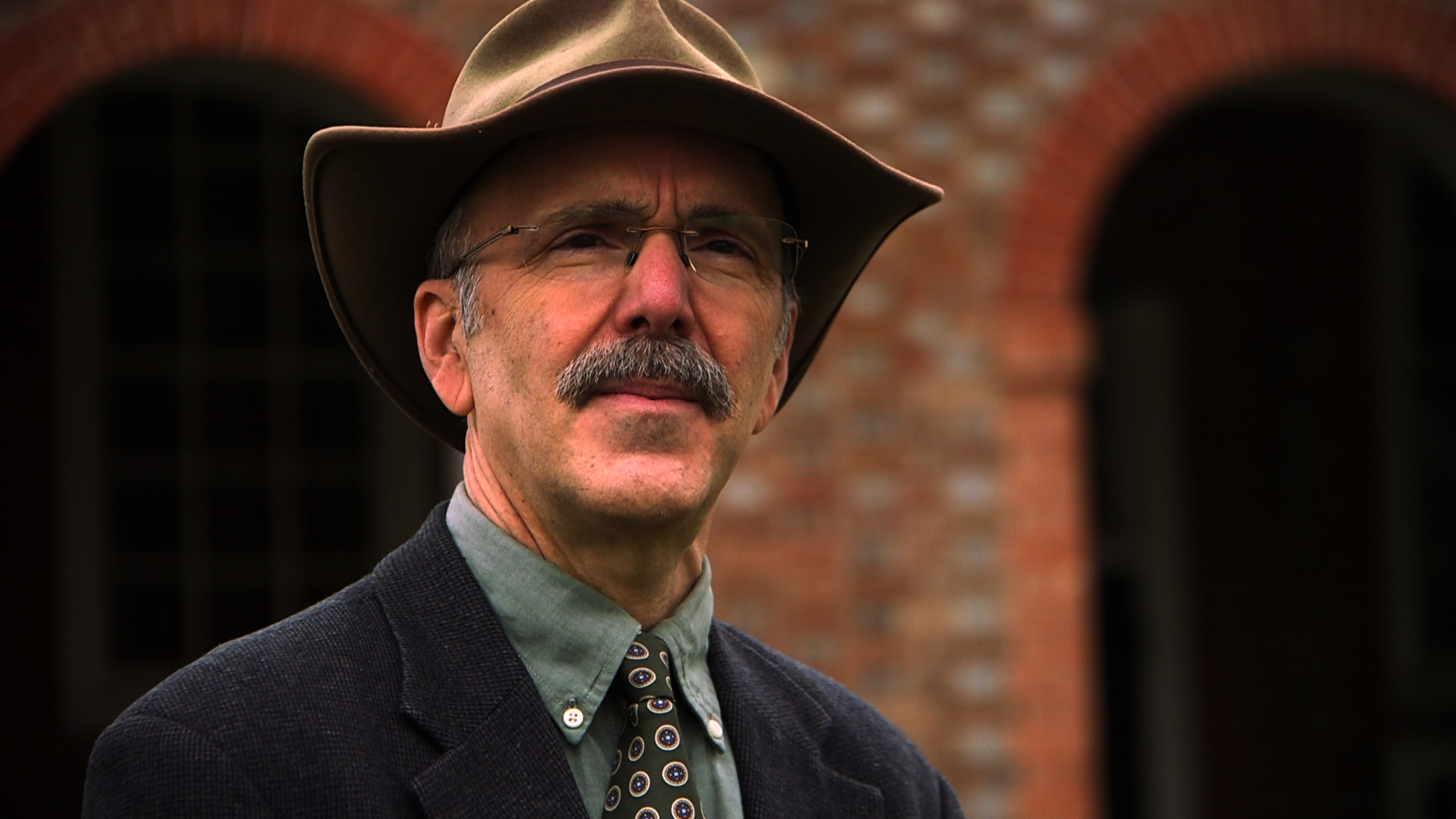
John A. Ragosta, an early American historian and author of Patrick Henry: Proclaiming A Revolution, concurred Herny’s speech was “a plea for Virginia to arm for a war he saw as inevitable.”
Ragosta stressed while Henry may have been anti-federalist, he was not anti-government.
“He meant exactly the opposite,” Ragosta said. “His speech was about the people coming together. It was not about me, it was about us.”
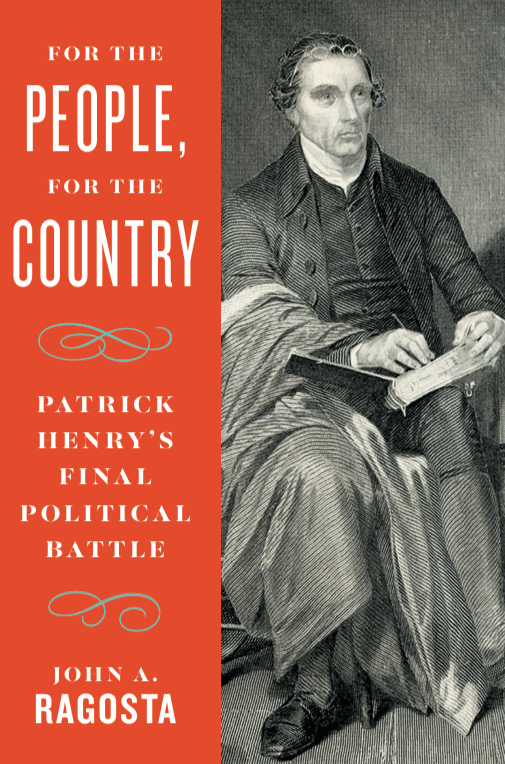
Still, in more modern times, many people through the years have used his powerful words when opposing the government or feeling as though their individual freedoms have been infringed upon.
“I think there are times today when people use his words as a catch-phrase when they think their liberties are being violated,” Jolly said. “We have more freedom today than in any time in our nation’s history. In Henry’s time, those words were spoken because of the massive buildup of arms against the Colonists. They had reached the point of no return.”
Henry’s words have been used worldwide in protests.
“Interestingly, during the 1989 protests in Tiananmen Square in Beijing, China, which turned deadly, Patrick Henry’s words were used on banners and signs as a rallying cry against the Chinese government,” said Jolly.
Despite today’s political climate and the seemingly divisiveness across the United States, the situation is far from comparable to what Henry and the other Colonists experienced during the Revolution.
“No matter where people, on either side of the aisle, think we’ve been in the last several decades, we’re not to the point we need to be declaring ‘liberty or death,’” Jolly said.
Ragosta added that “that was not what Patrick Henry was about. Patrick Henry was a communitarian. He would be appalled.”
With advances in technology, Americans today, Ragosta said, have become more isolated and focused more on themselves, rather than their role in society as a whole.
“We are essentially losing that sense of community,” he said.
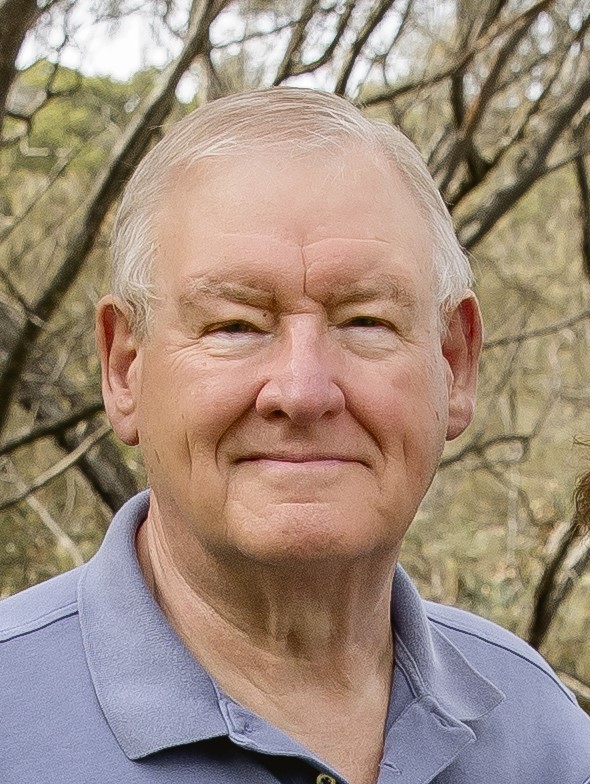
Jon Kukla, author of the biography Patrick Henry: Champion of Liberty and an historian who has been researching Patrick Henry for half a century, shared that Henry’s speech was about what it means to be a citizen part of such a community.
“The words ‘Give me liberty or give me death’ meant to Henry something a little more subtle than for someone who might put it on their license plate,” said Kukla, adding that, to Henry, “the first thing a person had to do in order to enjoy freedoms was to practice self-discipline.” That meant to be less selfish and less focused on one’s own desires in the moment, and more in tune with the qualities of good citizenship: charity, forbearance, frugality, justice, love, moderation, temperance and virtue.
“People have rights, but they also have responsibilities,” Kukla said. “There are ways we ought to treat each other in a proper civic world.”
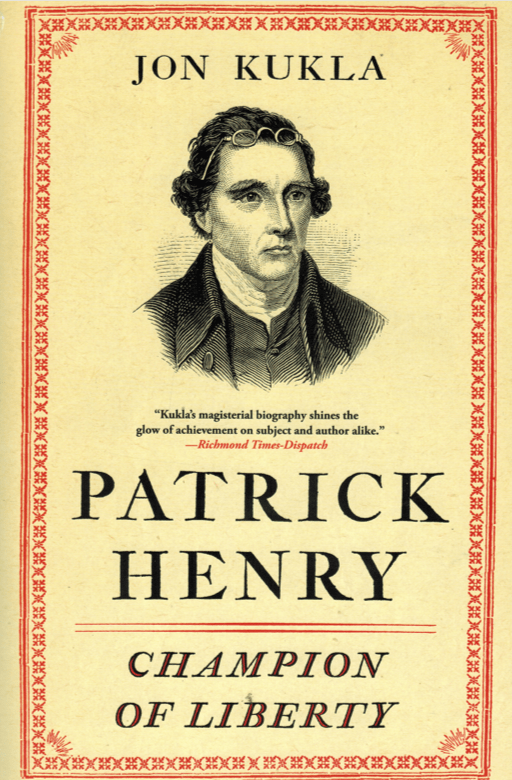
It appears now more than ever, with the marking of the 250th anniversary of Henry’s speech and the commemoration of the nation’s birth in 2026, Americans today should reflect “on some of the lessons Henry and his generation would want to have us remember as citizens,” Kukla said.
Jolly couldn’t agree more.
“I hope, as always, that people who see the reenactment will forget for the moment that they are in the 21st century and be taken back to that date in 1775,” Jolly said. “I hope they hear Patrick Henry speaking, and not Patrick Jolly ‘pretending’ to be Henry. It’s not about me. It’s about the legacy of Patrick Henry. It’s about his legacy regarding those words, and all he did for this country, before, during and after the Revolution.”
As Americans reflect on the country’s history, Jolly also hopes they “can put their differences aside and celebrate in a united fashion. We have grown as a country over the past 250 years. I hope America comes together to celebrate how far we have come.”
To watch a livestream of the historical reenactment of Patrick Henry’s speech at St. John’s Church in Richmond on March 23 at 1:30 p.m., visit www.va250.org. For more information on events related to the anniversary of the speech, visit https://va250.org/patrick-henrys-speech/.
See also:
- Stephen Wilson of the St. John’s Church Foundation writes about Patrick Henry’s famous speech
- Podcast with Stephen Wilson about Patrick Henry
- How journalists today might have written about Henry’s speech



